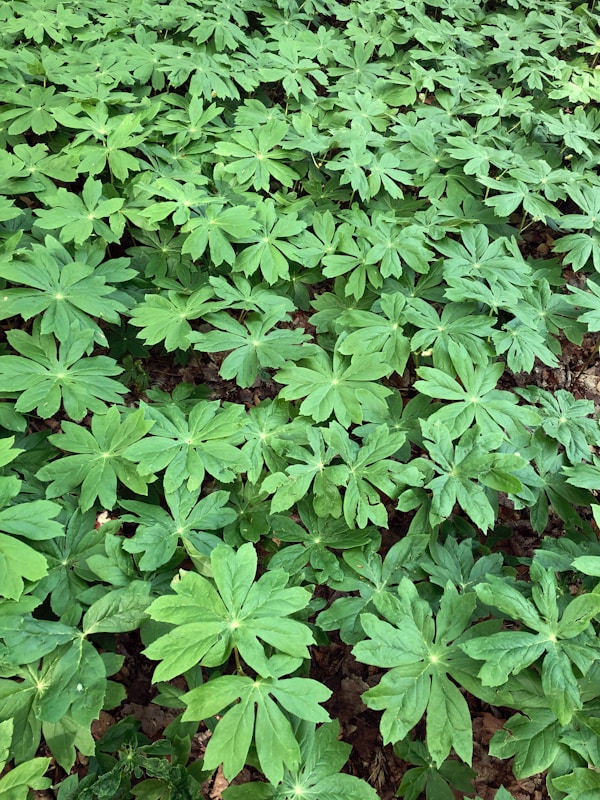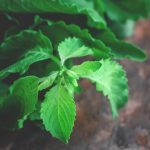Explore the powerful mayapple medicinal uses, its traditional health benefits, modern applications, and how this wild herb is transforming natural healing.
Table of Contents
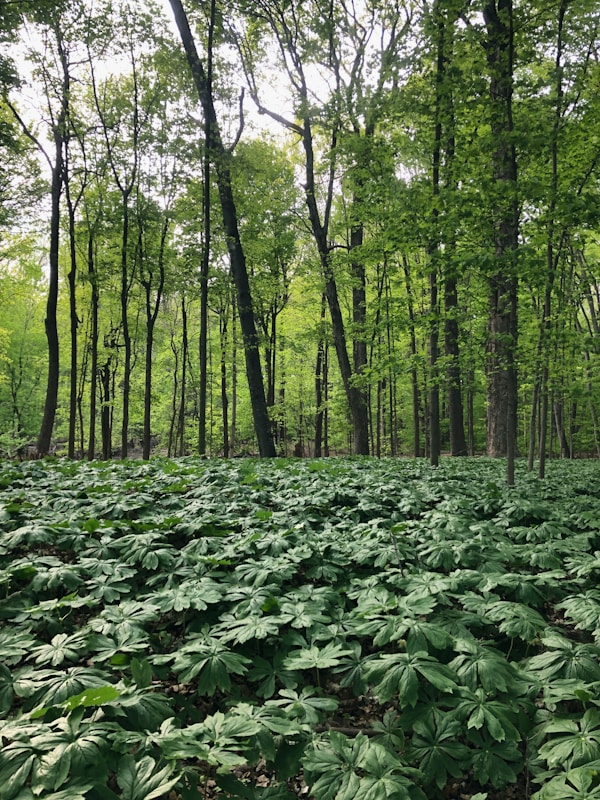
Introduction to Mayapple and Its Healing Reputation
Did you know that a plant growing quietly in North American woodlands could hold potent medicinal power? Mayapple (Podophyllum peltatum), also known as American mandrake or wild mandrake, has long been valued in herbal medicine for its diverse therapeutic uses.
This post explores the top mayapple medicinal uses, from traditional herbal remedies to modern pharmaceutical applications, and how this native plant is gaining renewed interest in the wellness community.
What Is Mayapple?
A Unique Herb with a Distinct Appearance
Mayapple is a perennial plant found in the eastern United States and southeastern Canada. It thrives in shaded woodland areas and is easily recognized by its umbrella-like leaves and a single white flower that develops into a small, yellow fruit.
While parts of the plant are toxic, its carefully processed extracts have been used for centuries in folk remedies and more recently in cancer treatment research.
Top Mayapple Medicinal Uses
1. Antiviral Properties
Mayapple contains podophyllotoxin, a powerful compound used in topical medications to treat genital warts caused by the human papillomavirus (HPV). The U.S. Food and Drug Administration (FDA) has approved podophyllotoxin-derived drugs for clinical use, including podofilox.
Learn more from PubMed Health.
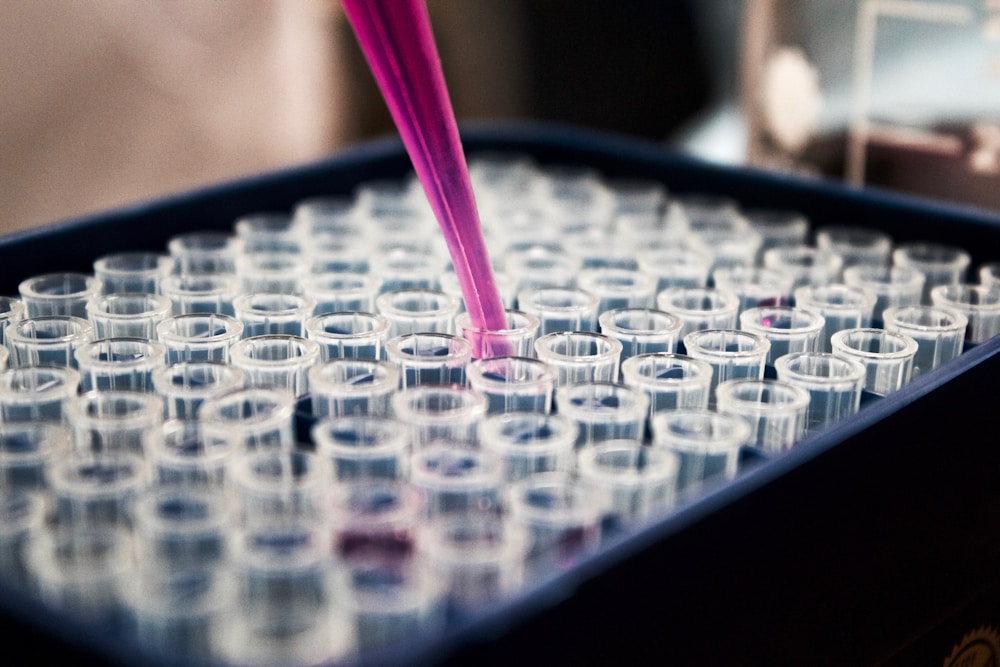
2. Cancer Research and Chemotherapy
Mayapple’s most groundbreaking medicinal role lies in cancer research. Semi-synthetic derivatives of podophyllotoxin, such as etoposide and teniposide, are key ingredients in chemotherapy treatments for lung cancer, testicular cancer, lymphomas, and leukemia.
These medications disrupt cancer cell division and are currently in clinical use, showing the remarkable pharmacological potential of this once-overlooked plant.
3. Laxative and Digestive Aid (Historical Use)
Native American tribes traditionally used mayapple root as a strong purgative or laxative. The dried root was administered in small amounts to relieve constipation and digestive issues.
Important: Mayapple root is highly toxic when improperly prepared or consumed in excess. Always consult a qualified herbalist or healthcare provider before use.
How to Use Mayapple Safely
Avoid Raw Consumption
Every part of the mayapple plant, except for the ripe fruit, is considered toxic. Raw ingestion can cause nausea, vomiting, diarrhea, and in extreme cases, organ failure.
Medical Formulations Only
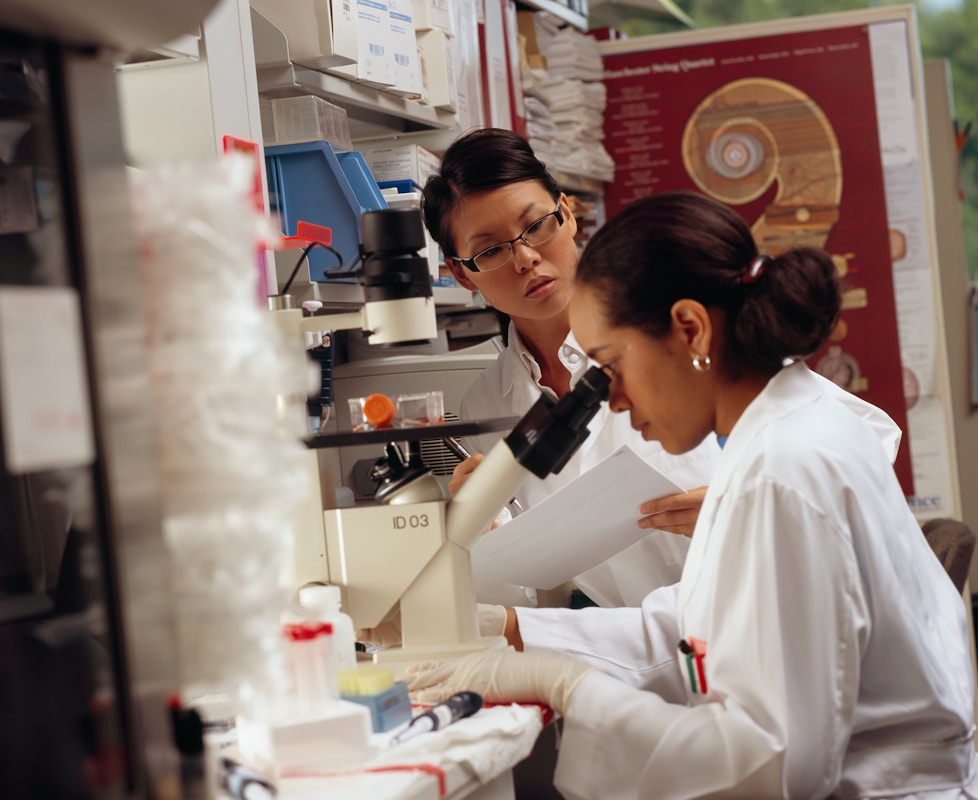
To reap the benefits of mayapple medicinal uses, it must be processed into pharmaceutical-grade extracts. Over-the-counter or DIY use is not recommended due to the risk of poisoning.
Scientific Studies on Mayapple
Numerous studies have explored the phytochemical profile of mayapple, with a focus on podophyllotoxin’s impact on cell replication and virus inhibition. According to the National Institutes of Health (NIH), current research supports its efficacy in drug development and its potential expansion into natural antiviral therapies.
Is Mayapple the Future of Natural Medicine?
Traditional Wisdom Meets Modern Science
Mayapple bridges the gap between traditional herbal medicine and modern pharmaceutical innovation. What was once a wild remedy is now a cornerstone in several FDA-approved treatments.
The evolution of mayapple from folklore to laboratory highlights the importance of protecting and studying native medicinal plants. With sustainable harvesting and responsible research, plants like mayapple can pave the way for future natural health solutions.
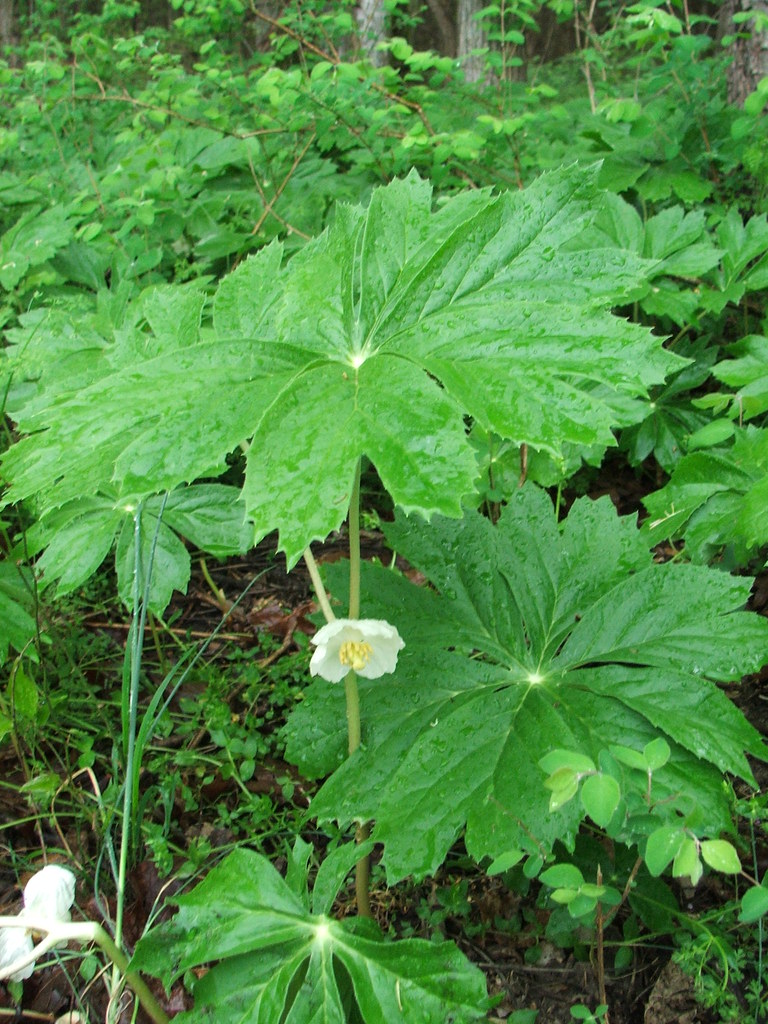
Final Thoughts on Mayapple Medicinal Uses
A Cautionary Yet Powerful Plant
While mayapple medicinal uses are impressive, it’s essential to treat this plant with respect. Misuse can lead to severe health risks. However, when used under professional guidance or in clinically approved forms, mayapple stands among the most valuable wild herbs in natural and modern medicine.
Interested in learning more about healing herbs with real clinical potential?
Subscribe to our newsletter and explore the medicinal wonders of nature. For deeper insights and safety guidelines on wild herbal remedies, consult American Botanical Council, a trusted source for science-based herbal information.
Explore. Learn. Heal—Naturally.

